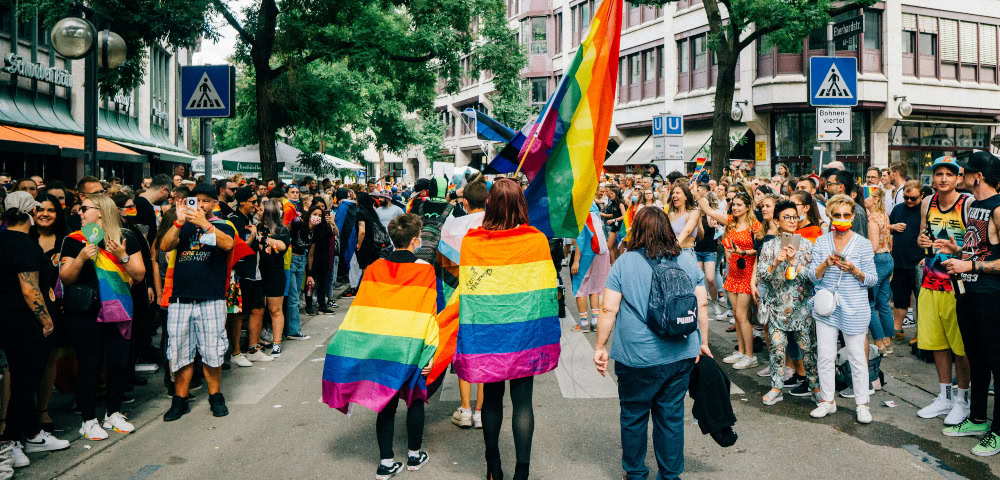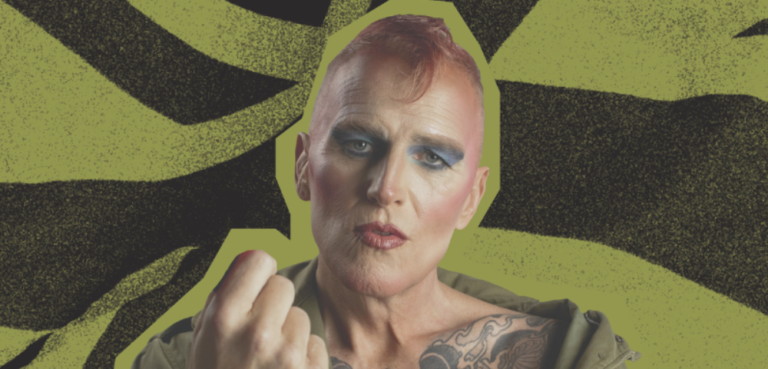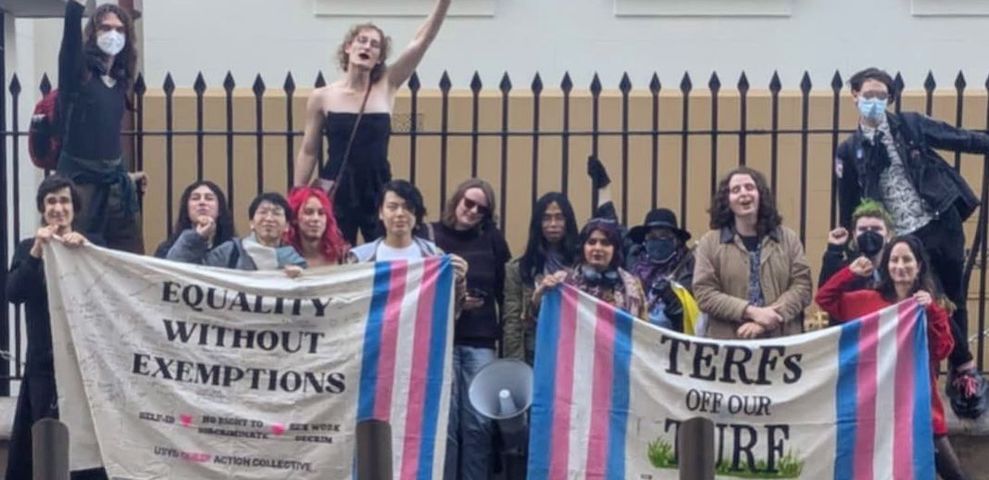
Uganda Court Rejects Petition to Overturn Harsh Anti-Gay Law

The Uganda Court has rejected a petition to overturn the nation’s highly controversial anti-gay law which stands as one of the most severe statutes of its kind worldwide.
The Anti-Homosexuality Act 2023, which passed in May last year includes the punishment of the death penalty for “serial offenders” or for anyone having same-sexual relations with a person with a disability.
The law heavily criminalises same sex conduct and confirmed the existing life imprisonment punishment for those found guilty of such acts. Additionally, it establishes that any attempts of homosexuality is punishable by a maximum of 10 years imprisonment.
Petitioners appealed to the Supreme Court, aiming for the court to determine whether the 2023 anti-gay law breaches the principle of equal protection for all Ugandans under the law.
However, the panel of five judges, headed by Uganda’s Deputy Chief Justice Richard Buteera, delivered a disappointing verdict.
“We decline to nullify the Anti-Homosexuality Act 2023 in its entirety; neither would we grant a permanent injunction against its enforcement”.
In their ruling, the Constitutional Court judges determined that certain provisions of the law infringed upon the right to health and were “inconsistent with the rights to health, privacy, and freedom of religion.”
“They should be medically and culturally accepted”, Deputy Chief Justice Richard Buteera said.
Despite this finding, the court opted not to block or suspend the law.
Human Rights Concerns With Uganda’s Anti-Gay Law
Last year, Human Rights Watch (HRW) submitted a document to the Uganda Parliament Committee on Legal and Parliamentary Affairs on the Anti-Homosexuality Bill 2023.
The submission contended that the adoption of the law would see the country in violation of multiple fundamental rights “guaranteed under Uganda’s Constitution and international human rights instruments to which Uganda is a party”.
“The rights at stake include the rights to freedom of expression and association, liberty, privacy, equality, and freedom from discrimination and inhuman and degrading treatment”, HRW said in a statement.
Sharp Decline in HIV Prevention Access
Since the enactment of the Ugandan anti-gay law, there has been a significant decline in the number of clients accessing drop-in centres that offer crucial HIV prevention.
According to a report presented at the 12th International AIDS Conference on HIV Science (IAS 2023), attendance at drop-in centres plummeted from 40 individuals to 2 clients per week following the introduction of the anti-gay law.
Andrew Mwenda, one of the 14 petitioners, expressed their intention to appeal the court’s decision.
He stated, “What we have witnessed in court is what I would call a temporary reversal in an overall strategic battle or a strategic war against cultural bigotry and prejudice”.
“We are going to appeal to the Supreme Court, not for striking down the different components of this law but for overturning this law into its entirety”, he said.
It’s currently illegal to be a LGBTQI+ person in more than 30 countries in Africa. You can learn more about the tightening of anti-homosexuality laws in African Nations via Amnesty UK.










Rainbowphobia in Africa, blame religions?